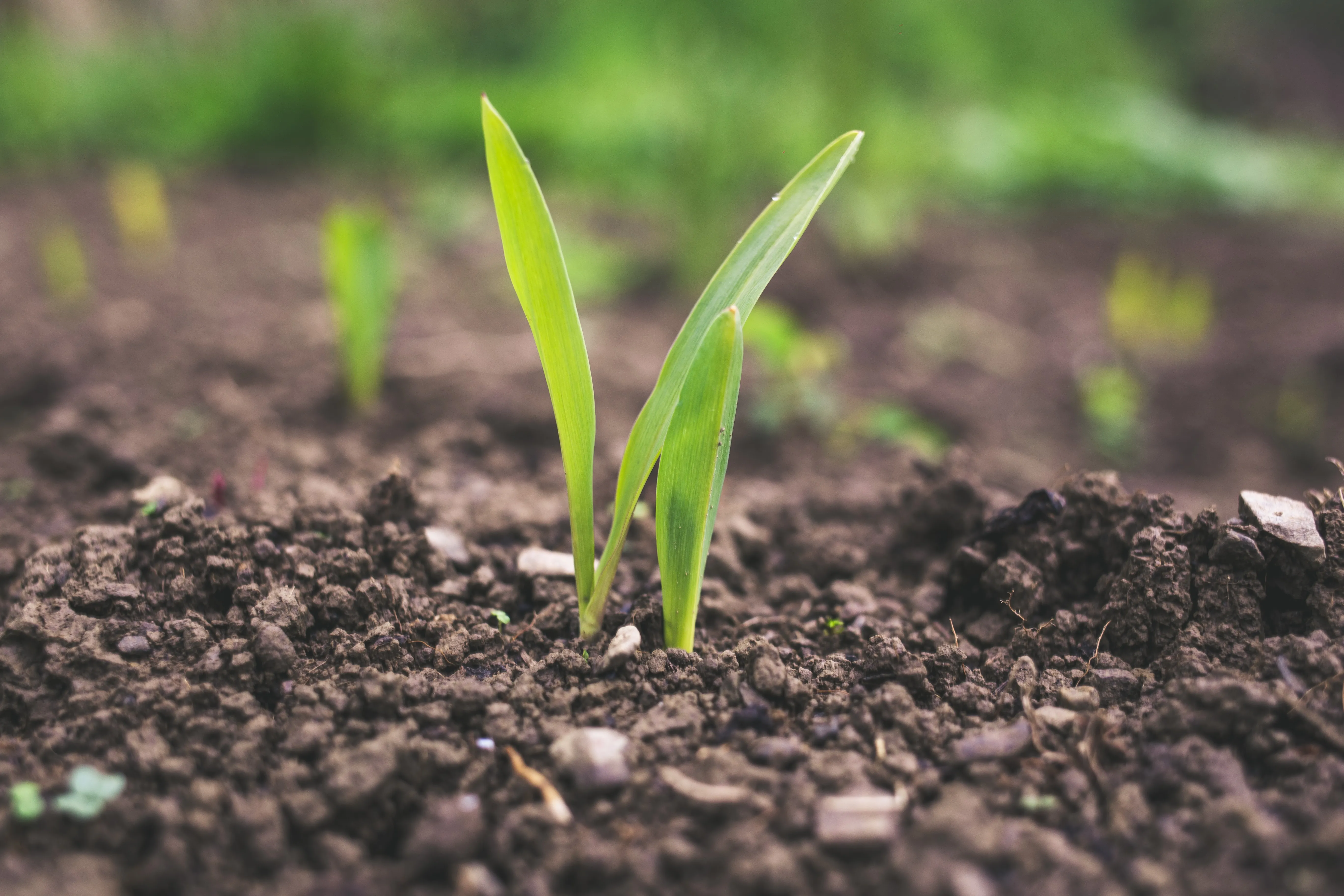Carbon Sequestration: How Your Farm Can Make a Difference
Unearth the benefits of carbon sequestration in agriculture with our insightful blog post. Discover how your farm near Bangalore can contribute to combating climate change through effective carbon capture techniques. Learn about innovative practices that enhance soil health and reduce atmospheric CO2, aligning with Vriksha Farms' commitment to sustainable farming. This guide is essential for farmers looking to make a positive environmental impact while boosting the productivity and sustainability of their agricultural practices.

Introduction
In the realm of sustainable agriculture, carbon sequestration stands as a key player in combating climate change. At Vriksha Farms, located near Bangalore, Kanakapura Road, and Karnataka, we are dedicated to implementing practices that enhance carbon sequestration. This blog aims to enlighten those interested in sustainable living, especially those investing in agriculture land, about the pivotal role of carbon sequestration in farming.
What is Carbon Sequestration?
Carbon sequestration refers to the process of capturing and storing atmospheric carbon dioxide (CO2). In the context of farming, it involves practices that absorb CO2 from the atmosphere and store it in the soil and biomass.
Importance of Carbon Sequestration in Agriculture
Carbon sequestration in agriculture is vital for several reasons:
- Combating Climate Change: It helps mitigate the effects of global warming by reducing atmospheric CO2 levels.
- Improving Soil Health: Carbon-rich soils are more fertile and productive.
- Enhancing Farm Sustainability: It contributes to the overall sustainability of agricultural practices, a core value for investments in agriculture land near urban centers like Bangalore.
How Can Your Farm Contribute?
- Agroforestry: Integrating trees into crop lands not only sequesters carbon but also enhances biodiversity. This practice is highly effective in regions like Kanakapura Road, where the terrain is conducive to diverse planting.
- No-Till Farming: Minimizing soil disturbance preserves soil carbon. This method is especially suitable for the fertile lands in Karnataka.
- Cover Crops: Planting cover crops during off-seasons prevents soil erosion and maintains soil organic carbon levels.
- Organic Matter Amendment: Adding compost or manure increases the organic carbon content of the soil, improving its quality and sequestration capacity.
- Rotational Grazing: Properly managed livestock grazing helps in maintaining healthy grasslands that are effective carbon sinks.
Benefits of Carbon Sequestration
For those investing in agriculture land near Bangalore, carbon sequestration offers several benefits:
- Increased Land Value: Healthy, carbon-rich soils can boost the productivity and value of the land.
- Environmental Compliance: Aligns with global efforts to reduce carbon footprints, an appealing aspect for eco-conscious investors.
- Long-term Sustainability: Enhances the sustainability and resilience of farming operations.
Vriksha Farms’ Commitment
At Vriksha Farms, we are committed to implementing and promoting carbon sequestration practices. Our managed farmland plots are designed to optimize carbon capture while providing a lucrative investment opportunity for those interested in sustainable agriculture.
Conclusion
Carbon sequestration is an essential component of modern, responsible farming. By adopting carbon sequestration practices, farmers can make a significant contribution to the fight against climate change while enhancing the value and sustainability of their land. Vriksha Farms stands at the forefront of this initiative, offering a pathway for those keen to invest in sustainable agriculture land in and around Bangalore.
